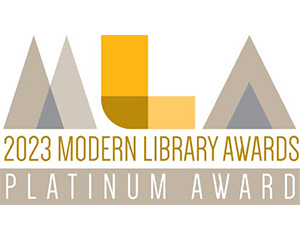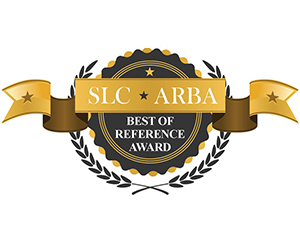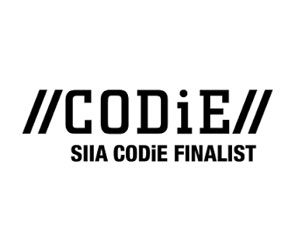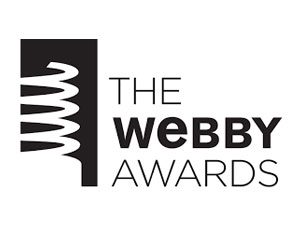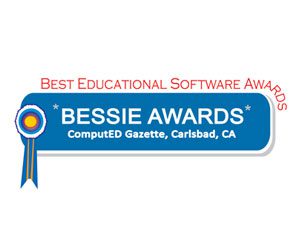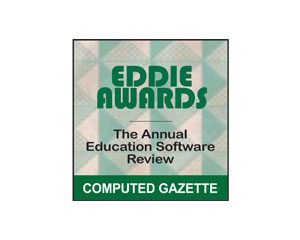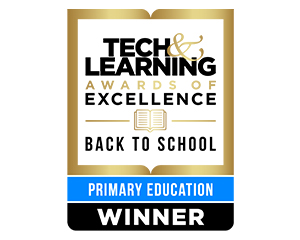
Providing Guidance on Artificial Intelligence (AI)
To many of us parents and educators, the rise of artificial intelligence (AI) in education has been both intriguing and disturbing. Over the past year, I’ve watched my two teenagers experiment with ChatGPT many times, with results that alternate between impressive, ridiculous, and a waste of time. What’s clear is that, for better or worse, AI technology is constantly changing and improving, and it’s not going away. As Infobase’s Director of Information Literacy, I’ve been in touch with parents, librarians, and educators around the country who share the same concerns about AI. What everyone agrees on is the dire need for guidance on how AI should and should not be used. At Infobase, we’re addressing that need in a number of ways. An Expert’s Guides to the Perils and Promise of AI We commissioned Sarah Z. Johnson, academic integrity officer at Madison College, Writing Center director, AI expert, and member of the Modern Language Association’s AI task force, to write two exclusive in-depth guides for us: Using AI as a Student: Background, Risks, and Benefits—discussing the science of AI, the risks involved in using it, and the possible benefits How to Use AI Ethically and Effectively—providing specific and helpful guidance






